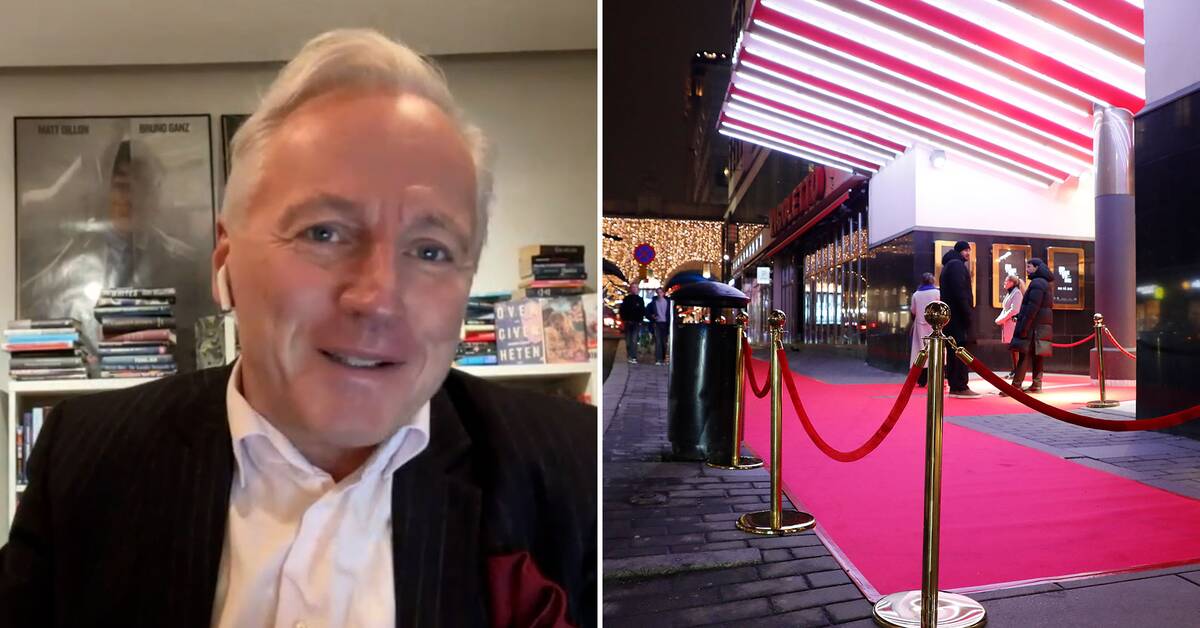2019 was portrayed by the industry and the media as a particularly lousy year for Swedish films in cinemas.
The Cinema Owners Association then reported that the number of cinema tickets sold for a Swedish film had halved since 2014 and the industry was astonished that only two Swedish films, "Bamse och dunderklockan" and "Britt-Marie var här" attracted over 200,000 visitors.
But despite the fact that two Swedish films won prizes at the Cannes film festival and several broad ventures premiered, the numbers look to be even worse for the year 2022, despite few covid restrictions.
Only "Jag är Zlatan attracted" more than 200,000 visitors during the calendar year and no Swedish film made it into the top ten of most-watched cinema films at the two largest cinema chains, Filmstaden and Svenska Bio.
"Ove" will never happen
According to Mikael Fellenius, CEO of the regional film fund Film i Väst, which finances many Swedish films, the pandemic accelerated an existing trend where the audience prefers the streaming services and part of the audience has not returned.
- We can dream that it would be like "A man called Ove", but that will never happen again, he says.
People still watch Swedish films, but the cinema is still the most important source of income for Swedish films.
- Everyone is aware of this.
The producers, the financiers, the distributors... But as long as you cannot find another business logic, we will continue to work with the cinema as an obvious window, says Mikael Fellenius.
No more bio-feelgood
The ten most watched films of 2022 were all American and mostly visually striking action.
According to Mikael Fellenius, it is perhaps precisely the type of film that cinema-goers will choose and perhaps something for Swedish producers to think about.
- Other films that I think will have a hard time asserting themselves are feel-good films and important fine stories that do not attract the audience at the cinema.
It's sad to say, but American cinema will be dominant.

